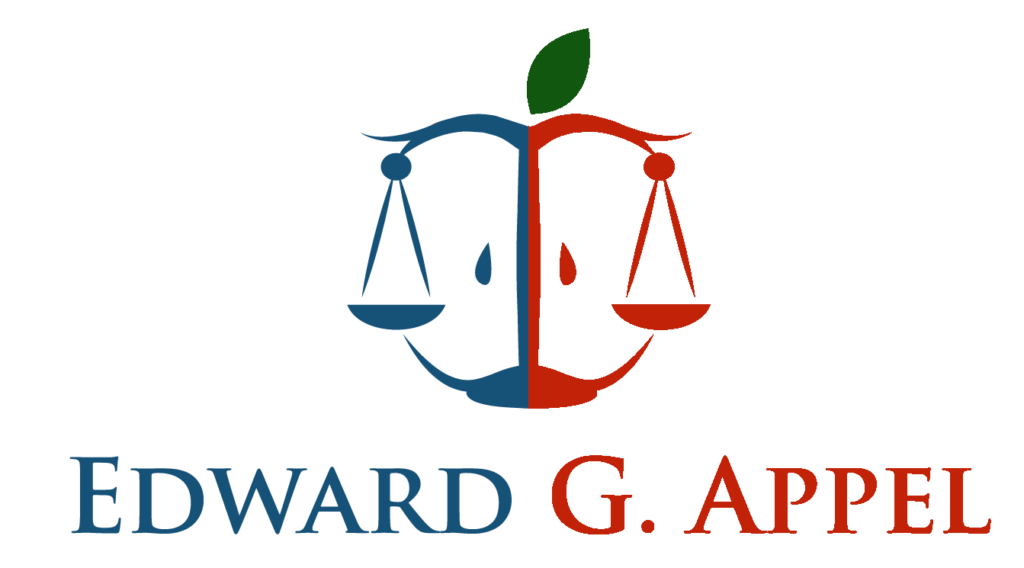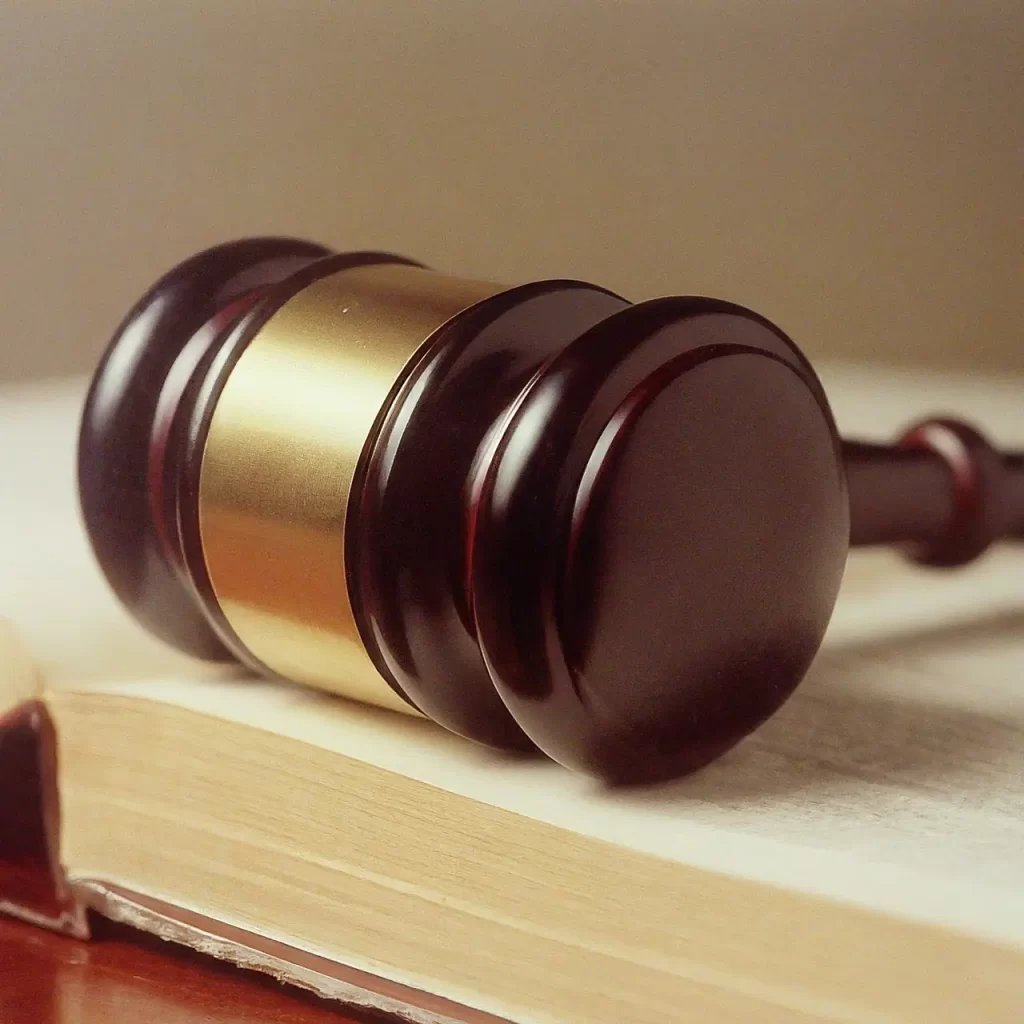Being charged with Driving While Intoxicated (DWI) in New Jersey can be a daunting experience. However, knowing your rights and understanding the legal system can empower you to challenge the charge. This blog aims to guide you through the process in a simple and engaging manner.
Understanding DWI Charges in NJ
Driving While Intoxicated (DWI) in New Jersey involves operating a vehicle with a blood alcohol concentration (BAC) of 0.08% or higher. But it’s not just about numbers; the law considers physical control of the vehicle, the ability to drive safely, and other factors.
It’s key to understand that in NJ, DWI laws are strict. The state doesn’t differentiate much between DWI and DUI (driving under the influence of drugs) charges. Both can carry severe penalties, including hefty fines, loss of driving privileges, and even jail time.
However, the complexity of these laws means that there are various nuances and defenses that can potentially be used to challenge a DWI charge. So, understanding the specifics of the law is the first step towards formulating a defense strategy.
Know Your Rights After a DWI Arrest
Post-arrest, it’s crucial to know your rights. For starters, you have the right to remain silent and the right to an attorney. Anything you say can be used against you, so it’s often best to speak through legal representation.
Additionally, you have the right to refuse certain tests. However, in NJ, implied consent laws mean refusing a breathalyzer can lead to automatic license suspension. Knowing when to comply and when to refuse is critical in a DWI case.
The Importance of Legal Representation
Having an attorney who specializes in DWI cases can make a significant difference. An experienced lawyer will understand the nuances of NJ DWI laws, enabling a more effective defense. Legal representation can help in negotiations, provide advice on plea bargains, and if necessary, represent you at trial.
Choosing the right attorney is about more than just finding someone who’s experienced. It’s also about finding someone who understands your specific case and is committed to fighting for the best possible outcome.
Strategies to Challenge DWI Charges
One common strategy involves questioning the accuracy of the breathalyzer test. Calibration errors, improper administration, and other factors can sometimes invalidate the results.
Another angle is to challenge the legality of the traffic stop itself. If the stop was made without probable cause, any evidence gathered as a result, including breathalyzer results and officer observations, can potentially be suppressed.
Potential Defenses Against a DWI Charge
Defenses can range from proving the inaccuracy of the blood alcohol content (BAC) testing methods used, to demonstrating that the defendant’s driving was not impaired. Sometimes, the defense may involve showing that the driver was not actually operating the vehicle at the time they were found to be intoxicated.
Medical conditions and other factors that can affect BAC readings or mimic the appearance of intoxication can also provide a valid defense. It’s important to provide this information to your attorney, who can help build your case.
The Role of Evidence in DWI Cases
Evidence in DWI cases can include breathalyzer results, officer testimony, and video footage from the arrest. This evidence must be carefully analyzed and, when appropriate, challenged by your defense attorney.
In some cases, additional evidence can be brought in to support your defense. This could be witness testimony, expert opinions on the reliability of BAC testing methods, or evidence of how the arrest was conducted.
Understanding the Court Process for DWI in NJ
Navigating the court process can be intimidating. DWI cases in NJ are typically heard in Municipal Court, and the process involves several phases, including arraignment, pre-trial motions, and possibly a trial.
Throughout these stages, your attorney will have the opportunity to present a defense, negotiate a plea, or argue for a dismissal of charges based on procedural errors or violations of your rights.
Possible Outcomes of a DWI Challenge
Challenging a DWI charge can lead to various outcomes, from the reduction of charges and penalties to the complete dismissal of the case. The outcome will depend on the strength of the defense, the specifics of the case, and the skill of your legal representation.
In some cases, negotiating a plea for lesser charges is the best strategy. This might result in reduced fines, shorter license suspensions, or alternate sentencing like community service or participation in a driving safety program.
Wrapping It Up
Challenging a DWI charge in NJ might seem overwhelming, but with the right approach and legal support, it is possible to navigate the legal waters. Remember, every case is unique, so it’s important to consult with an experienced attorney who can provide you with personalized advice and representation.


